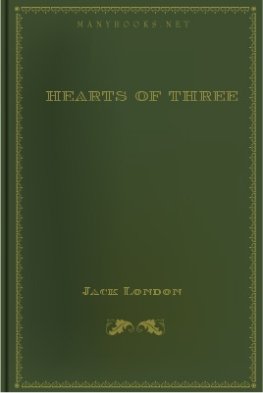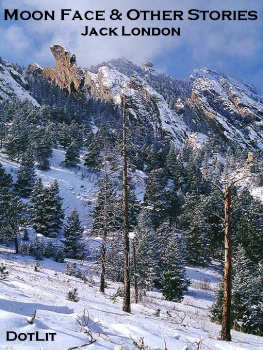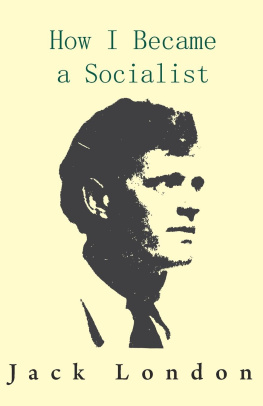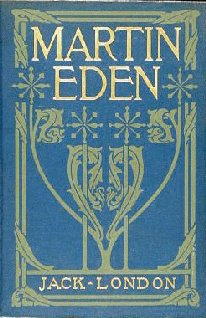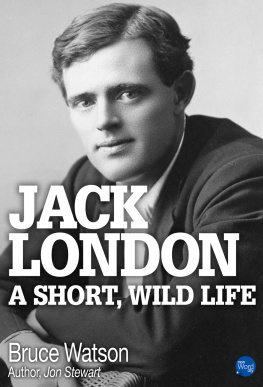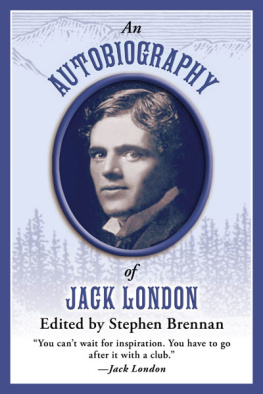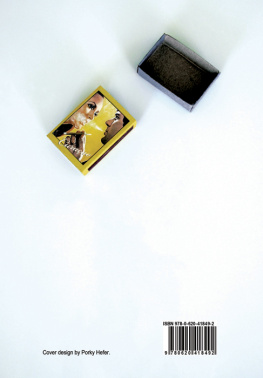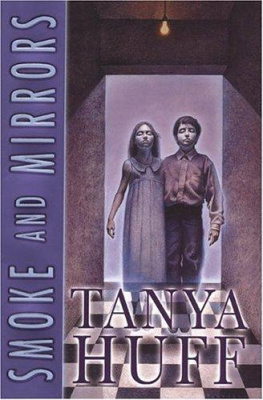Jack London - Smoke Bellew
Here you can read online Jack London - Smoke Bellew full text of the book (entire story) in english for free. Download pdf and epub, get meaning, cover and reviews about this ebook. genre: Prose / Adventure. Description of the work, (preface) as well as reviews are available. Best literature library LitArk.com created for fans of good reading and offers a wide selection of genres:
Romance novel
Science fiction
Adventure
Detective
Science
History
Home and family
Prose
Art
Politics
Computer
Non-fiction
Religion
Business
Children
Humor
Choose a favorite category and find really read worthwhile books. Enjoy immersion in the world of imagination, feel the emotions of the characters or learn something new for yourself, make an fascinating discovery.

- Book:Smoke Bellew
- Author:
- Genre:
- Rating:5 / 5
- Favourites:Add to favourites
- Your mark:
- 100
- 1
- 2
- 3
- 4
- 5
Smoke Bellew: summary, description and annotation
We offer to read an annotation, description, summary or preface (depends on what the author of the book "Smoke Bellew" wrote himself). If you haven't found the necessary information about the book — write in the comments, we will try to find it.
Smoke Bellew — read online for free the complete book (whole text) full work
Below is the text of the book, divided by pages. System saving the place of the last page read, allows you to conveniently read the book "Smoke Bellew" online for free, without having to search again every time where you left off. Put a bookmark, and you can go to the page where you finished reading at any time.
Font size:
Interval:
Bookmark:
Smoke Bellew
by Jack London
THE TASTE OF THE MEAT.
I.
In the beginning he was Christopher Bellew. By the time he was at college he had become Chris Bellew. Later, in the Bohemian crowd of San Francisco , he was called Kit Bellew. And in the end he was known by no other name than Smoke Bellew. And this history of the evolution of his name is the history of his evolution. Nor would it have happened had he not had a fond mother and an iron uncle, and had he not received a letter from Gillet Bellamy.
"I have just seen a copy of the Billow," Gillet wrote from Paris . "Of course O'Hara will succeed with it. But he's missing some plays." (Here followed details in the improvement of the budding society weekly.) "Go down and see him. Let him think they're your own suggestions. Don't let him know they're from me. If he does, he'll make me Paris correspondent, which I can't afford, because I'm getting real money for my stuff from the big magazines. Above all, don't forget to make him fire that dub who's doing the musical and art criticism. Another thing, San Francisco has always had a literature of her own. But she hasn't any now. Tell him to kick around and get some gink to turn out a live serial, and to put into it the real romance and glamour and colour of San Francisco ."
And down to the office of the Billow went Kit Bellew faithfully to instruct. O'Hara listened. O'Hara debated. O'Hara agreed. O'Hara fired the dub who wrote criticism. Further, O'Hara had a way with himthe very way that was feared by Gillet in distant Paris . When O'Hara wanted anything, no friend could deny him. He was sweetly and compellingly irresistible. Before Kit Bellew could escape from the office he had become an associate editor, had agreed to write weekly columns of criticism till some decent pen was found, and had pledged himself to write a weekly instalment of ten thousand words on the San Francisco serialand all this without pay. The Billow wasn't paying yet, O'Hara explained; and just as convincingly had he exposited that there was only one man in San Francisco capable of writing the serial, and that man Kit Bellew.
"Oh, Lord, I'm the gink!" Kit had groaned to himself afterwards on the narrow stairway.
And thereat had begun his servitude to O'Hara and the insatiable columns of the Billow. Week after week he held down an office chair, stood off creditors, wrangled with printers, and turned out twenty-five thousand words of all sorts weekly. Nor did his labours lighten. The Billow was ambitious. It went in for illustration. The processes were expensive. It never had any money to pay Kit Bellew, and by the same token it was unable to pay for any additions to the office staff.
"This is what comes of being a good fellow," Kit grumbled one day.
"Thank God for good fellows then," O'Hara cried, with tears in his eyes as he gripped Kit's hand. "You're all that's saved me, Kit. But for you I'd have gone bust. Just a little longer, old man, and things will be easier."
"Never," was Kit's plaint. "I see my fate clearly. I shall be here always."
A little later he thought he saw his way out. Watching his chance, in O'Hara's presence, he fell over a chair. A few minutes afterwards he bumped into the corner of the desk, and, with fumbling fingers, capsized a paste pot.
"Out late?" O'Hara queried.
Kit brushed his eyes with his hands and peered about him anxiously before replying.
"No, it's not that. It's my eyes. They seem to be going back on me, that's all."
For several days he continued to fall over and bump into the office furniture. But O'Hara's heart was not softened.
"I tell you what, Kit," he said one day, "you've got to see an oculist. There's Doctor Hassdapple. He's a crackerjack. And it won't cost you anything. We can get it for advertizing. I'll see him myself."
And, true to his word, he dispatched Kit to the oculist.
"There's nothing the matter with your eyes," was the doctor's verdict, after a lengthy examination. "In fact, your eyes are magnificenta pair in a million."
"Don't tell O'Hara," Kit pleaded. "And give me a pair of black glasses."
The result of this was that O'Hara sympathized and talked glowingly of the time when the Billow would be on its feet.
Luckily for Kit Bellew, he had his own income. Small it was, compared with some, yet it was large enough to enable him to belong to several clubs and maintain a studio in the Latin Quarter . In point of fact, since his associate editorship, his expenses had decreased prodigiously. He had no time to spend money. He never saw the studio any more, nor entertained the local Bohemians with his famous chafing-dish suppers. Yet he was always broke, for the Billow, in perennial distress, absorbed his cash as well as his brains. There were the illustrators who periodically refused to illustrate, the printers who periodically refused to print, and the office boy who frequently refused to officiate. At such times O'Hara looked at Kit, and Kit did the rest.
When the steamship Excelsior arrived from Alaska , bringing the news of the Klondike strike that set the country mad, Kit made a purely frivolous proposition.
"Look here, O'Hara," he said. "This gold rush is going to be big the days of '49 over again. Suppose I cover it for the Billow? I'll pay my own expenses."
O'Hara shook his head.
"Can't spare you from the office, Kit. Then there's that serial. Besides, I saw Jackson not an hour ago. He's starting for the Klondike to-morrow, and he's agreed to send a weekly letter and photos. I wouldn't let him get away till he promised. And the beauty of it is, that it doesn't cost us anything."
The next Kit heard of the Klondike was when he dropped into the club that afternoon, and, in an alcove off the library, encountered his uncle.
"Hello, avuncular relative," Kit greeted, sliding into a leather chair and spreading out his legs. "Won't you join me?"
He ordered a cocktail, but the uncle contented himself with the thin native claret he invariably drank. He glanced with irritated disapproval at the cocktail, and on to his nephew's face. Kit saw a lecture gathering.
"I've only a minute," he announced hastily. "I've got to run and take in that Keith exhibition at Ellery's and do half a column on it."
"What's the matter with you?" the other demanded. "You're pale. You're a wreck."
Kit's only answer was a groan.
"I'll have the pleasure of burying you, I can see that."
Kit shook his head sadly.
"No destroying worm, thank you. Cremation for mine."
John Bellew came of the old hard and hardy stock that had crossed the plains by ox-team in the fifties, and in him was this same hardness and the hardness of a childhood spent in the conquering of a new land.
"You're not living right, Christopher. I'm ashamed of you."
"Primrose path, eh?" Kit chuckled.
The older man shrugged his shoulders.
"Shake not your gory locks at me, avuncular. I wish it were the primrose path. But that's all cut out. I have no time."
"Then what in-?"
"Overwork."
John Bellew laughed harshly and incredulously.
"Honest?"
Again came the laughter.
"Men are the products of their environment," Kit proclaimed, pointing at the other's glass. "Your mirth is thin and bitter as your drink."
"Overwork!" was the sneer. "You never earned a cent in your life."
"You bet I haveonly I never got it. I'm earning five hundred a week right now, and doing four men's work."
"Pictures that won't sell? Orerfancy work of some sort? Can you swim?"
"I used to."
"Sit a horse?"
"I have essayed that adventure."
John Bellew snorted his disgust.
"I'm glad your father didn't live to see you in all the glory of your gracelessness," he said. "Your father was a man, every inch of him. Do you get it? A Man. I think he'd have whaled all this musical and artistic tomfoolery out of you."
Font size:
Interval:
Bookmark:
Similar books «Smoke Bellew»
Look at similar books to Smoke Bellew. We have selected literature similar in name and meaning in the hope of providing readers with more options to find new, interesting, not yet read works.
Discussion, reviews of the book Smoke Bellew and just readers' own opinions. Leave your comments, write what you think about the work, its meaning or the main characters. Specify what exactly you liked and what you didn't like, and why you think so.

